59 Important Question Words & Questions in Chinese You NEED To Know
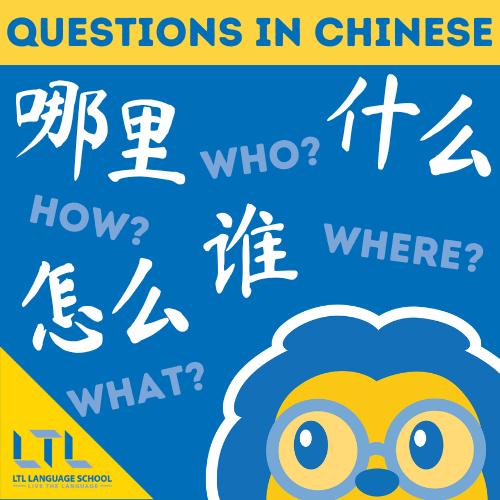
Asking questions in Chinese, or any language for that matter, is an essential communication skill to master.
So on that basis alone we believe having a one-stop guide to all the question words in Chinese, along with examples is a useful idea…
but, where, to, find, one…?
Oh look, you just asked a question!
Well, obviously you come to friends here at LTL because no one teaches Chinese better right?!
(another question, that’s two already)
Alright enough of that… onto the good stuff.
Questions in Chinese – Key Words
Questions in Chinese – Key Phrases
Questions in Chinese – 20 Common Questions
Questions in Chinese – What’s 吗?
TEST YOURSELF – Quiz
Questions in Chinese – The Key Words
OK here’s the questions in Chinese key words you need to know:
| Who | 谁 | shéi |
| What | 什么 | shén me |
| Why | 为什么 | wèi shén me |
| Where | 哪里 | nǎ lǐ |
| Which | 哪个 | nǎ ge |
| When | 什么时候 | shén me shí hou |
| How | 怎么 | zěn me |
OK so with those words now let’s ask some questions in Chinese.
BONUS – Question in Chinese is 问题 wèn tí
Questions in Chinese – Key Phrases
So we’ve learnt 7 important question words in Chinese but now let’s build some context around them and teach you some all important grammar structures which you’ll need to remember.
Who – 谁 shéi
- Who is coming tonight?
- 今晚谁来?
- jīn wǎn shéi lái?
- Who is China’s most famous singer?
- 谁是中国最有名的歌手?
- shéi shì zhōngguó zuì yǒumíng de gēshǒu?
- Who don’t you like?
- 你不喜欢谁?
- nǐ bù xǐhuān shéi?
TIP – Notice that who in Chinese does not always appear at the start of the sentence as in English, you’ll find that with a couple of examples in Chinese so take care.
Our two structures for who questions:
Subject + 是 +谁?
EXAMPLE – Who is that?
谁 + Verb?
EXAMPLE – Who is playing?
What – 什么 shén me

- What is this?
- 这是什么?
- zhè shì shénme?
- What are you thinking?
- 你在想什么?
- nǐ zài xiǎng shénme?
- What do you want to do tomorrow?
- 你明天想做什么?
- nǐ míngtiān xiǎng zuò shénme?
TIP – As you probably noticed, what comes at the end of each of these sentences.
It takes some time to get into the habit of when speaking, but be sure to remember this.
Our structure for what questions = Subject + Verb + 什么
You can extend this with Subject + Verb + 什么 (+ Object)
Why – 为什么 wèi shén me
- Why should I learn Chinese?
- 我为什么要学中文?
- wǒ wèishénme yào xué zhōngwén?
- Why is it so cold today?
- 今天为什么这么冷?
- jīntiān wèishénme zhème lěng?
- Why did we drink so much?
- 我们为什么喝那么多酒?
- wǒmen wèishénme yāo hè nàme duō jiǔ?
TIP – Notice why and what are almost the same with why simply adding a 为 before 什么. It helps when trying to remember them together when studying Chinese in your earlier stages.
Our structure for why questions = Subject +为什么 + Verb?
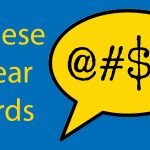
I Learnt 55 Swear Words From Native Chinese Speakers
Chinese swear words are the most exciting thing for newbies is learning how to say bad things. Here are 55 I learnt from native speakers.
Where – 哪里 nǎ lǐ

- Where are you from?
- 你从哪里来?
- 你来自哪里?
- nǐ cóng nǎlǐ lái?
- nǐ láizì nǎlǐ
- Where is the stadium?
- 体育场在哪里?
- tǐyùchǎng zài nǎlǐ?
- Where is LTL?
- LTL在哪里?
- LTL zài nǎlǐ?
Note again, the question for where never appears at the start of the sentence like some of the previous examples we’ve already studied.
TIP – Those good folk of Beijing love to add the harsh 儿 sound onto everything which effectively makes you sound like a pirate (think a pirate shouting arghhhh, that’s the sound for 儿).
Rather than using the softer sounding nǎ lǐ, Beijing-ers (and northern Chinese for that matter) like to use nǎ er 哪儿 .
If you don’t believe us… this meme should explain it pretty clearly! 👇

Which – 哪个 nǎ ge
- Which country are you from?
- 你来自哪个国家?
- nǐ láizì nǎge guójiā
- Which VPN is the best?
- 哪个VPN最好?
- nǎge VPN zuì hǎo?
- Which iPhone should I buy?
- 我应该买哪个iPhone?
- wǒ yīnggāi mǎi nǎgè iPhone?
TIP – When you take your very first steps into Chinese you’ll learn background-color:var(--mainLight) class="has-inline-color">这个 and 那个 – this and that respectively.
Use these when you first go to a Chinese restaurant and you are unable to read the Chinese menu. Just point at what you like and use 这个 and 那个.
There is no scenario when it fails, trust us! But to look like more of a pro in Subway, check out this video:
When – 什么时候 shén me shí hou
The longest of all the question words, four whole characters.
Notice again, when uses 什么, just like what and why.
- When is Chinese New Year?
- 春节是什么时候?
- chūnjié shì shénme shíhòu?
- When does the football match begin?
- 足球比赛什么时候开始?
- Zúqiú bǐsài shénme shíhòu kāishǐ?
- When is your birthday?
- 你的生日是什么时候?
- Nǐ de shēngrì shì shénme shíhòu?
TIP – In Chinese when asking a question with when, remember it goes at the end of the sentence.
Our structure for when questions = Subject + 什么时候 + Verb?
How – 怎么 zěn me

- How are you?
- 你怎么样?
- nǐ zěnme yàng?
- How do I get to KFC?
- 我怎么去肯德基?
- wǒ zěnme qù kěndéjī?
- How can we get to Shanghai?
- 我们怎么去上海?
- wǒmen zěnme qù shànghǎi?
There are other important how questions which we will come to shortly, that don’t involve 怎么.
Don’t worry, it’s all very simple!
Our structure for how questions = Subject +怎么 + Verb + Object?
Questions in Chinese – 20 Common Questions
Feeling more confident now?
You can ask some important questions and you know 7 vital question words in Chinese… but we aren’t finished yet.
Far from it.
Now we want to teach you 20 of the most common questions in Chinese (or any language for that matter) that you should absolutely learn, right about now!

We’ve covered some already in the examples above so we won’t repeat them, but instead teach you some others!
Just one quick note. There are two ways to say “you” in Chinese:
您 Nín and 你 Nǐ – both have the same meaning but the former is the polite version, whereas the latter is for everyday use. For our questions we have used the former, the more polite version.
Let’s get underway:
What’s your name?
您叫什么名字?
Nín jiào shénme míngzi?
What’s your nationality?
您是哪国人?
Nín shì nǎguórén?
How old are you?
您多大了?
Nín duódà le?
What is your date of birth?
您的出生日期是几月几号?
Nín de chūshēng rìqī shì jǐyuè jǐhào?
Do you have brothers or sisters?
您有兄弟姐妹吗?
Nín yǒu xiōngdì jiěmèi ma?
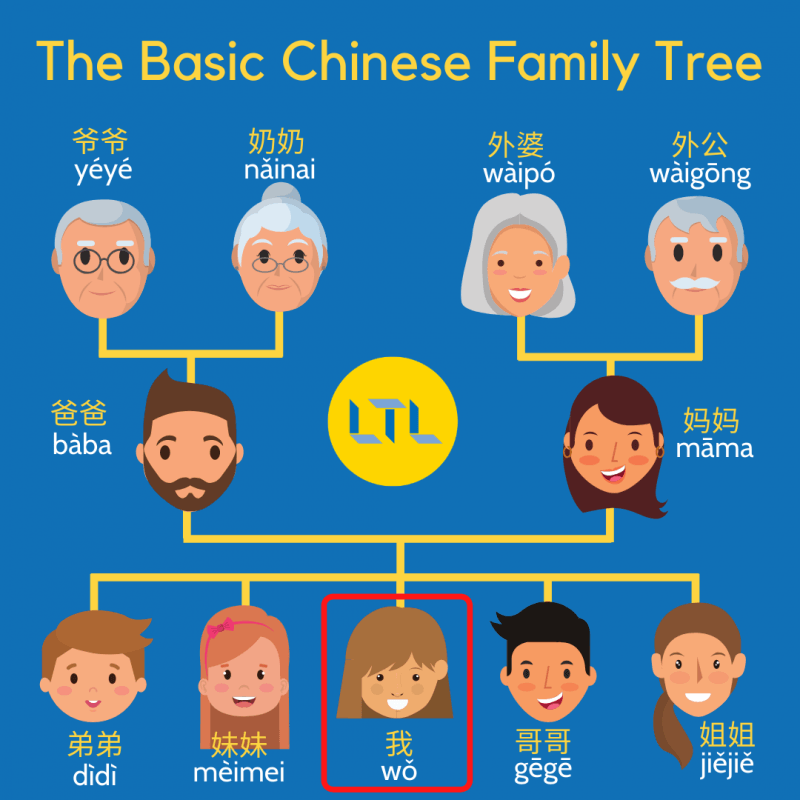
How many brothers and sisters do you have?
您有几个兄弟姐妹?
Nín yǒu jǐgè xiōngdì jiěmèi?
Do you have children?
您有孩子吗?
Nín yǒu háizi ma?
How many children do you have?
您有几个孩子?
Nín yǒu jǐgè háizi?
Are you married?
您结婚了吗?
Nín jiéhūn le ma?
What is your address?
您的地址是什么?
Nínde dìzhǐ shì shénme?
What is your telephone number?
您的电话号码是什么?
Nínde diànhuà hàomǎ shì shénme?
What’s your job?
您做什么工作?
Nín zuò shén me gōng zuò?
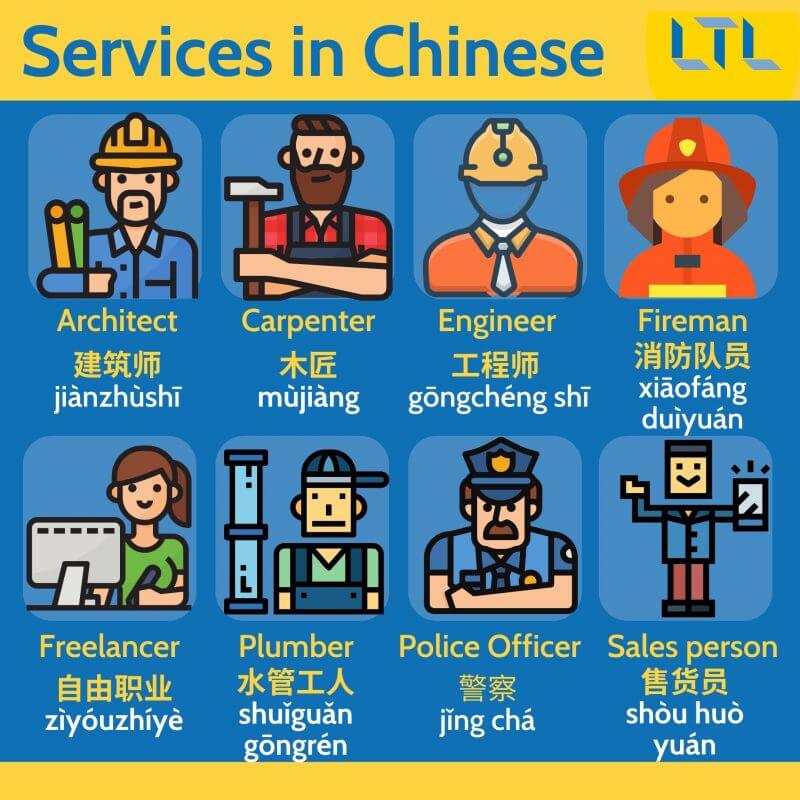
Do you like China?
您喜欢中国吗?
Nín xǐ huan zhōng guó ma?
What are your hobbies?
您的爱好是什么?
Nín de ài hào shì shén me?
What’s your salary?
您的工资是多少?
Nín de gōng zī shì duō shǎo?
NOTE – Yes you might be right to raise an eyebrow at this one… you don’t normally ask people, even close friends, what their salary is, but in China, oddly, the opposite applies. Your salary is one of the first questions you maybe asked so be prepared!
Where do you live?
您住在哪里?
Nín zhù zài nǎ lǐ?
What is your favourite cuisine?
您最喜欢的菜是什么?
Nín zuì xǐhuān de cài shì shénme?
Do you have a boyfriend?
您有男朋友吗?
Nín yǒu nán péng yǒu ma?
Do you have a girlfriend?
您有女朋友吗?
Nín yǒu nǚ péng yǒu ma?
How long have you been studying Chinese?
您学中文多久了?
Nín xué Zhōngwén duōjiǔ le?
Questions in Chinese – What’s 吗?
OK our final lesson for questions in Chinese comes with the character 吗.
When you say a question in English you say:
How old are you? NOT How are old are you question mark
Well, start getting into that habit because in Chinese that’s exactly what 吗 is – a question particle.
In most instances (not all, that’s important to know) you will need to add a 吗 onto the end of a sentence to show you are asking a question.
吗 is simply pronounced ma – no tone. Just the neutral, flat 5th tone.
Scroll up and check all the questions we’ve taught you again, see how many include 吗.

There is another similar particle, which we’ll quickly touch on now 呢 , pronounced ne.
In a nutshell these two do the following:
- 吗 ma – used to turn statements into yes/no questions.
- 呢 ne – mostly used to turn statements into queries.
- You can also add 呢 to the end of a sentence to ask “where is”, but that’s for another lesson.
Back to 吗 ma
👉 We use this for yes-no questions, which is also called a “binary question”. Essentially this means that it is a question that can only be answered with “yes” or “no”.
Now go back up and look at our questions again, see how it work?
Do you have a boyfriend? This question DOES use the 吗 ma particle because we can answer with yes or no.
How old are you? This question DOES NOT use the 吗 ma particle because we need to reply with our age.
So after all that – any questions?!
Questions in Chinese – Quiz
If you enjoyed this article, why not check out:
Questions in Chinese – FAQs
How do you say “what” in Chinese?
What – 什么 shén me
How do you say “how” in Chinese?
How – 怎么 zěn me
How do you say “why” in Chinese?
Why – 为什么 wèi shén me
How do you say “where” in Chinese?
Where – 哪里 nǎ lǐ
How do you say “who” in Chinese?
Who – 谁 shéi also read/pronounced as shuí
How do you say “which” in Chinese?
Which – 哪个 nǎ ge
How do you say “when” in Chinese?
When – 什么时候 shén me shí hou
Want more from LTL?
Want to learn Chinese from the comfort of your own home? Then our 24/7 online Chinese lessons might be the thing for you.
We offer a 7 day free trial to all new online students where you can study Mandarin 24/7.
Come and check it out free of charge and see what you think!
If you wish to hear more from LTL Language School why not join our mailing list?
















 Hi, my name is Manuel! I am from Spain and I am a Student Advisor at LTL. I’m now based at our Seoul School after living 3 years in Taipei.
Hi, my name is Manuel! I am from Spain and I am a Student Advisor at LTL. I’m now based at our Seoul School after living 3 years in Taipei. Hi, my name is Mojca! I am from Slovenia in Europe and I work as a student advisor at our Shanghai school.
Hi, my name is Mojca! I am from Slovenia in Europe and I work as a student advisor at our Shanghai school.
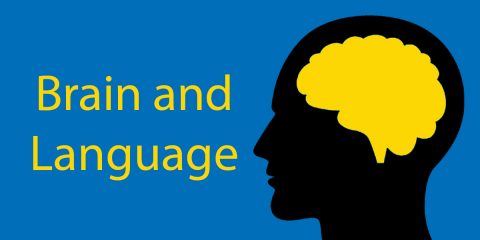



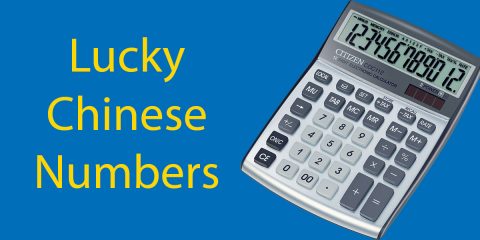

5 comments
Really good list of examples 🙂
Glad you liked!
Thanks, it was useful for me , 谢谢你
Thank you for this article! I was able to refresh the basics with this. 😊
Glad you liked it 🙂